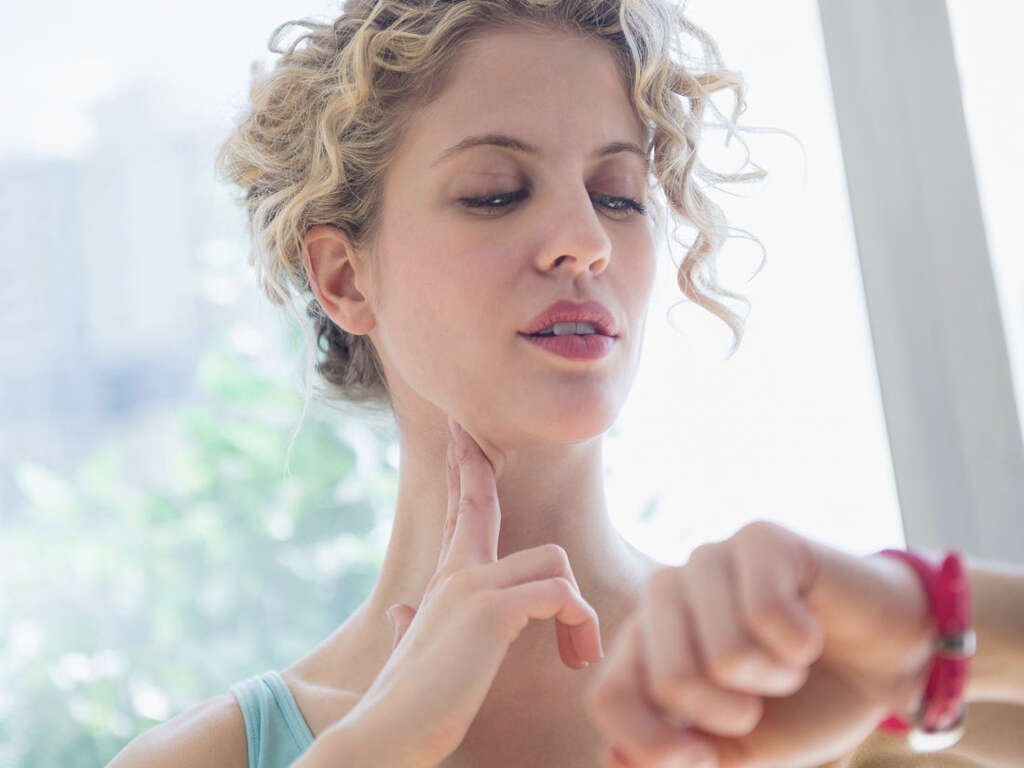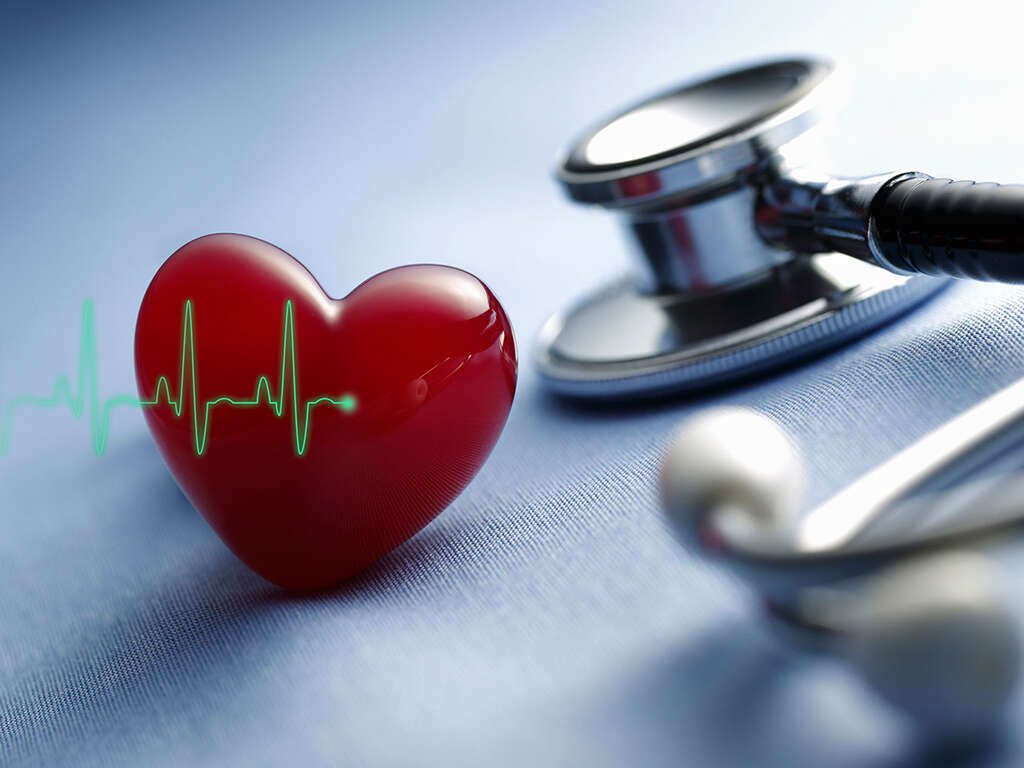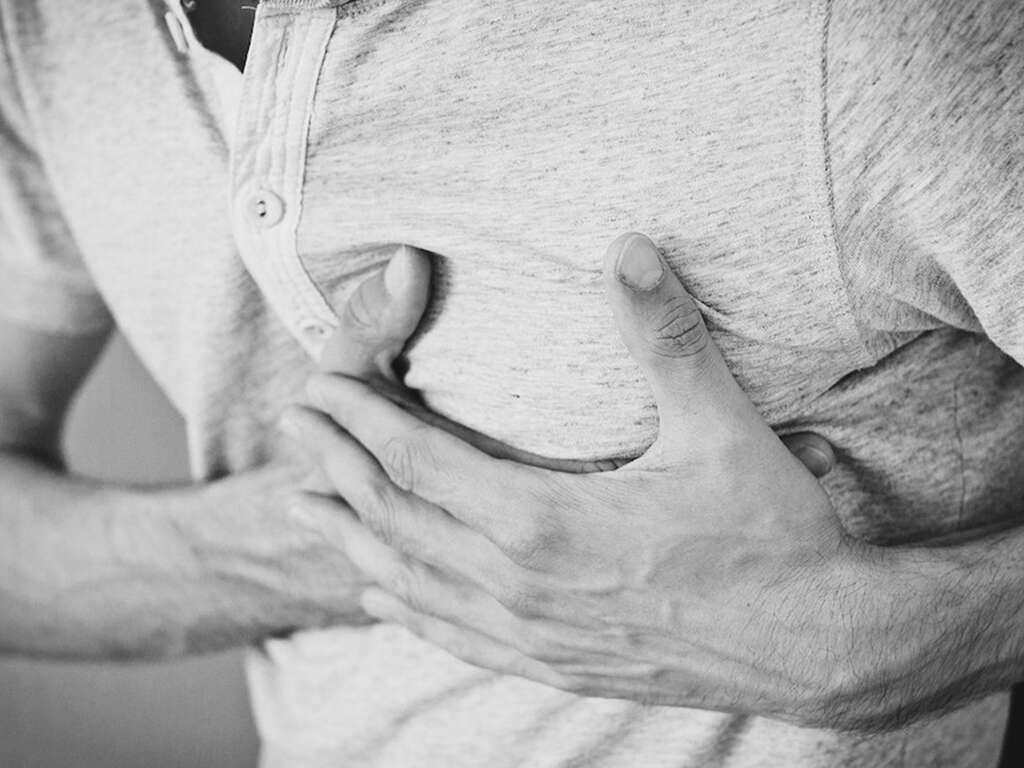10 Heart Palpitations Symptoms
 Article Sources
Article Sources
- 1. Staff, Mayo Clinic. 'Heart Palpitations.' _Mayo Clinic_, Mayo Foundation for Medical Education and Research, 16 Apr. 2020, www.mayoclinic.org/diseases-conditions/heart-palpitations/symptoms-causes/syc-20373196.
- 2. Staff, Mayo Clinic. 'Bradycardia.' _Mayo Clinic_, Mayo Foundation for Medical Education and Research, 13 Nov. 2019, www.mayoclinic.org/diseases-conditions/bradycardia/symptoms-causes/syc-20355474.
- 3. Editorial Staff, American Heart Association. 'Syncope (Fainting).' _Www.heart.org_, www.heart.org/en/health-topics/arrhythmia/symptoms-diagnosis--monitoring-of-arrhythmia/syncope-fainting.
- 4. Heyden, Steven J. 'Why Do People Sweat When Nervous? 6 Ways to Stop It.' _Aurora Health Care_, 30 Jan. 2018, www.aurorahealthcare.org/patients-visitors/blog/why-do-people-sweat-when-nervous-6-ways-to-stop-it.
9. Sweating
Palpitations triggered by anxiety or stress precipitate a rise in the fight or flight hormones adrenaline and cortisone. This rush of hormones hits fast, and the occurrence of palpitations typically worsens the reaction. Adrenaline and cortisone awaken the apocrine glands located in the groin and armpits, causing excessive sweat, referred to as stress sweat.4Heyden, Steven J. ‘Why Do People Sweat When Nervous? 6 Ways to Stop It.’ Aurora Health Care, 30 Jan. 2018, www.aurorahealthcare.org/patients-visitors/blog/why-do-people-sweat-when-nervous-6-ways-to-stop-it.
Stress sweat is 80% water and 20% protein and fat. Normal sweat is made of 99% water and 1% salt and fat. Stress sweat is often associated with palpitations.
Advertisement









